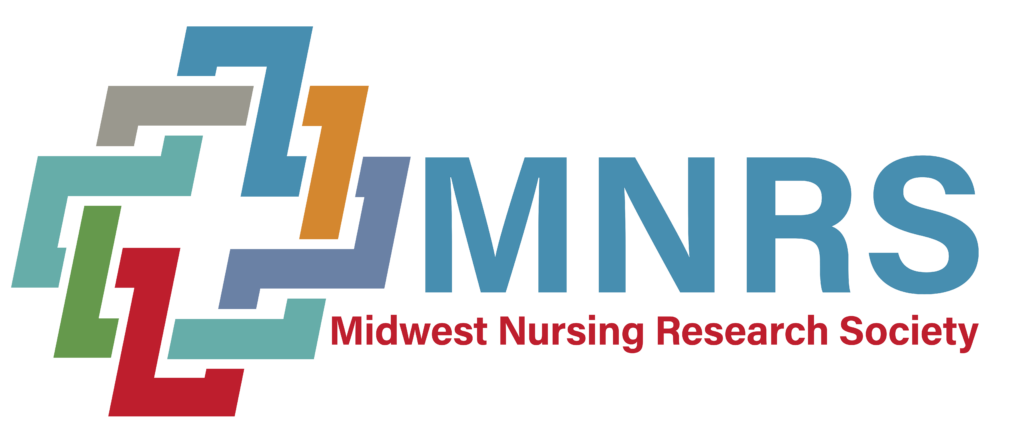Congratulations to Michele Polfuss and Natalie McAndrew, their abstract was chosen as a distinguished abstract to be feature at this year’s Midwest Nursing Research Society (MNRS) conference!
Dr. Polfuss and Dr. McAndrew collaborate with Medical College of Wisconsin colleagues, Dr. Stacee Lerret, Rachel Knoebl, and Mychoua Vang, and UWM Clinical Psychology Doctoral Student, Ansley Kenney, on a qualitative research study examining the experience of siblings of children with chronic conditions. Their work is ongoing, but the first group they focused on were well siblings of children who underwent a solid organ transplant (kidney or liver). They will be presenting their findings during the annual MNRS conference at the end of the month in Minnesota.
Research Abstract
Title: The Lasting Impact of the Transplant Experience From the Perspective of the Well Sibling: An Unheard Voice
Purpose: Solid organ transplantation is a chronic illness requiring complex medical management that impacts the family system. However, the experiences of siblings are not well described. Therefore, we explored the experiences of siblings of pediatric transplant recipients.
Research Question: How do well siblings of pediatric transplant recipients describe their individual- and family-based experiences?
Theoretical framework/rationale: Rolland’s Family Systems Illness Model, a strengths-based framework for chronic illness and family development, guided study conceptualization and development.
Methods: Siblings (ages 12-17 years) of transplant recipients completed a semi-structured interview (via Zoom) and demographics were obtained. We used frequencies and percentages and inductive content analysis to analyze the data.
Results: Twelve adolescents (10 males/2 females; M = 15.25 years, SD =2.13) completed an interview. Four themes emerged describing the transplant experience: 1) Impact on Family Life and Child Development, 2) Family Dynamics, Relationships, and Cohesiveness, 3) Lived Transplant Experience, and 4) Opportunities to Improve Sibling Support During Transplant Care. Siblings described tremendous growth and maturity resulting from their experience and appreciation for health and family time.
Conclusion: These findings affirm that the transplant event is universally distressing and impacts the well sibling’s life in the moment and for years afterwards. Opportunities are present to raise the awareness of healthcare providers to provide care through a family lens that can positively impact the patient and the family. These findings are a preliminary step toward a more family inclusive model of care that fully engages the well sibling.
